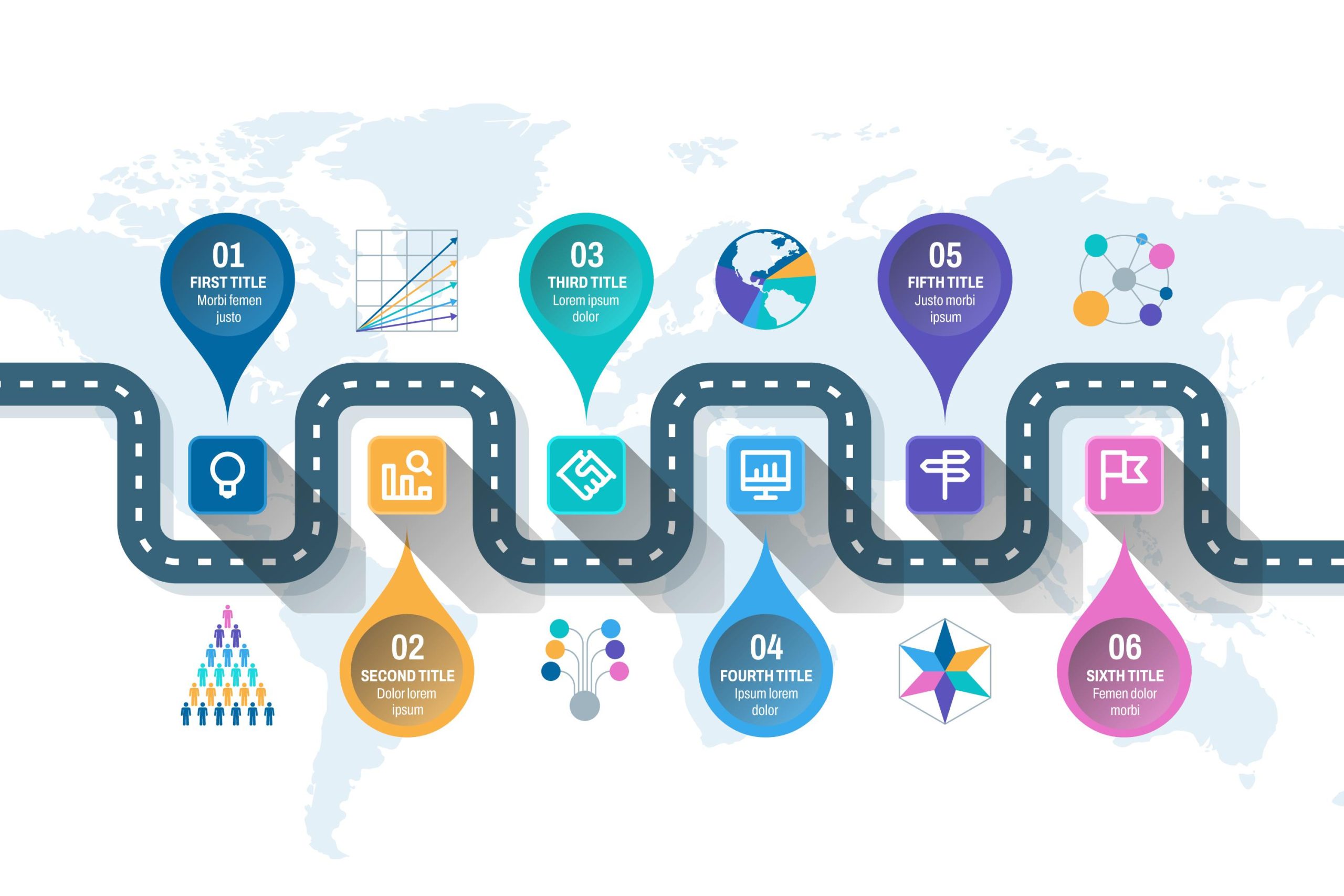The evolution of employee onboarding is experiencing a seismic shift with the emergence of eLearning platforms, transforming what were once cumbersome paper trails into seamless digital journeys. This revolutionary approach is not only modernizing how organizations welcome new hires but also addressing long-standing challenges in engagement, efficiency, and sustainability. Through the integration of Learning Management Systems (LMS), companies are now able to provide a streamlined, cost-effective, and environmentally friendly onboarding experience that enhances the initial touchpoints new employees have with their workplace.
At the heart of this transformation is the increased engagement that eLearning platforms foster among new employees. Traditional onboarding methods, often reliant on lengthy manuals and presentations, can overwhelm and disconnect new hires. Conversely, eLearning platforms use interactive content, such as videos and quizzes, which capture attention and cater to different learning styles. This dynamic approach enables employees to absorb pertinent information at their own pace, resulting in a deeper understanding of company culture, policies, and expectations from the onset.
Automation plays a critical role in revolutionizing the onboarding process. Previously, onboarding involved painstaking manual tasks, from filling out forms to scheduling training sessions. By automating these processes with LMS, HR teams are liberated from administrative burdens, allowing them to focus on strategic initiatives. Automated notifications, reminders, and dashboards ensure both employees and managers stay on track without the risk of human error. This level of efficiency not only accelerates the onboarding timeline but also improves overall organizational productivity.
Cost reduction is yet another significant benefit of eLearning platforms in the onboarding process. Traditional training methods incur substantial expenses, including printed materials, venue costs, and trainer fees. In contrast, eLearning is a one-time investment that is easily scalable with little additional cost. Content can be easily updated or reused, ensuring that companies have a flexible and future-proof onboarding strategy. By minimizing these costs, businesses can allocate resources to other critical areas, reinforcing their overall growth and sustainability.
Onboarding is further revolutionized by the promotion of sustainable, paperless practices through eLearning platforms. The reliance on paper for training manuals, forms, and assessments has long been an environmental concern. Digital onboarding eliminates the need for physical materials, significantly reducing the carbon footprint of training programs. This transition supports corporate social responsibility initiatives, demonstrating a company’s commitment to sustainability. Additionally, new employees can access materials anytime, anywhere, reflecting the flexible nature of digital solutions.
The adaptability of eLearning platforms ensures they can meet a wide range of organizational needs. Customizable courses allow for tailoring content to suit specific roles, departments, or industries, enhancing relevance and effectiveness. Moreover, employees can revisit training modules as they transition into future roles, reinforcing the concept of continuous learning and development. This adaptability makes eLearning an essential tool for organizations looking to remain competitive in an ever-evolving business landscape.
In conclusion, the shift from paper-based to digital onboarding processes through eLearning platforms is revolutionizing how companies bring new employees into their fold. By enhancing engagement, automating tasks, reducing costs, and promoting sustainability, Learning Management Systems are creating more productive and satisfied workforces. Businesses that embrace these digital journeys not only streamline their operations but also establish a forward-thinking reputation, positioning themselves as leaders in innovative onboarding practices. The benefits of this transformation are manifold, promising a brighter, more efficient future for employee onboarding.
